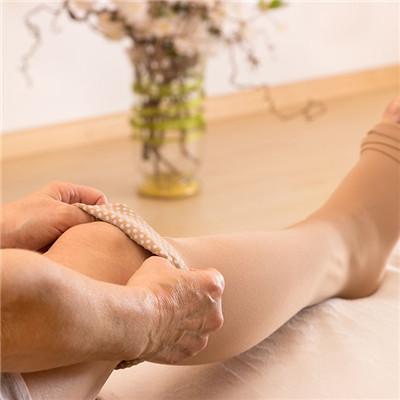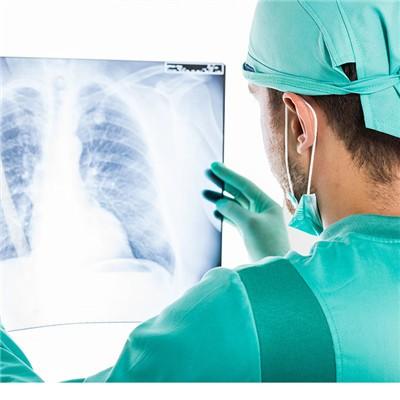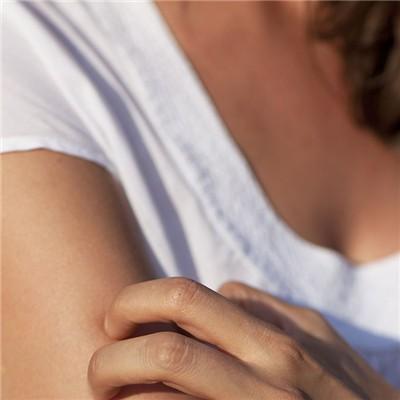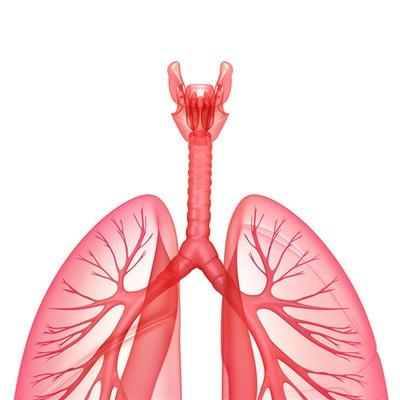A few big common symptoms of leukaemia initial stage? fever
summary
Fever is one of the most common symptoms in the early stage of leukemia, but fever is often difficult for people to think about in leukemia. It should be understood that leukemia in teenagers or children is often acute. In daily life, we must have enough vigilance. Prevention is the best way to treat leukemia. Here are the common symptoms of leukemia .
A few big common symptoms of leukaemia initial stage? fever
First: fever: it is one of the most common symptoms of leukemia. It is characterized by fever and fever of different degrees. The body temperature can reach 38 ℃ - 39 ℃ and accompanied by general pain. The main reason is that the mature granulocytopenia in the blood and the decrease of immune function are combined with infection. There are angina, stomatitis, perianal infection, pneumonia, tonsillitis, gingivitis, perianal abscess, etc. Fever can also be a symptom of acute leukemia itself without any signs of infection.

Second: infection: bacteria are the most common pathogens. In the later stage of the disease, due to the long-term use of granulocytes lower than normal and broad-spectrum antibiotics, the possibility of fungal infection gradually increases. Although virus infection is rare, it is dangerous and should be paid attention to.

Third: bleeding: bleeding is also a common early symptom of leukemia, bleeding parts can be identified and the whole body, skin, gums, nasal bleeding is the most common, there can also be retinal, ear bleeding and intracranial, digestive tract, respiratory tract and other visceral bleeding. Menorrhagia is also more common in women and is the first symptom.

matters needing attention
Myelodysplastic syndrome (MDS) may appear in a few months or years before diagnosis, and then develop into leukemia. Patients are often accompanied by fatigue, pale complexion, palpitations, shortness of breath, lower limb edema and other symptoms. Anemia can be seen in various types of leukemia, more common in elderly patients.













